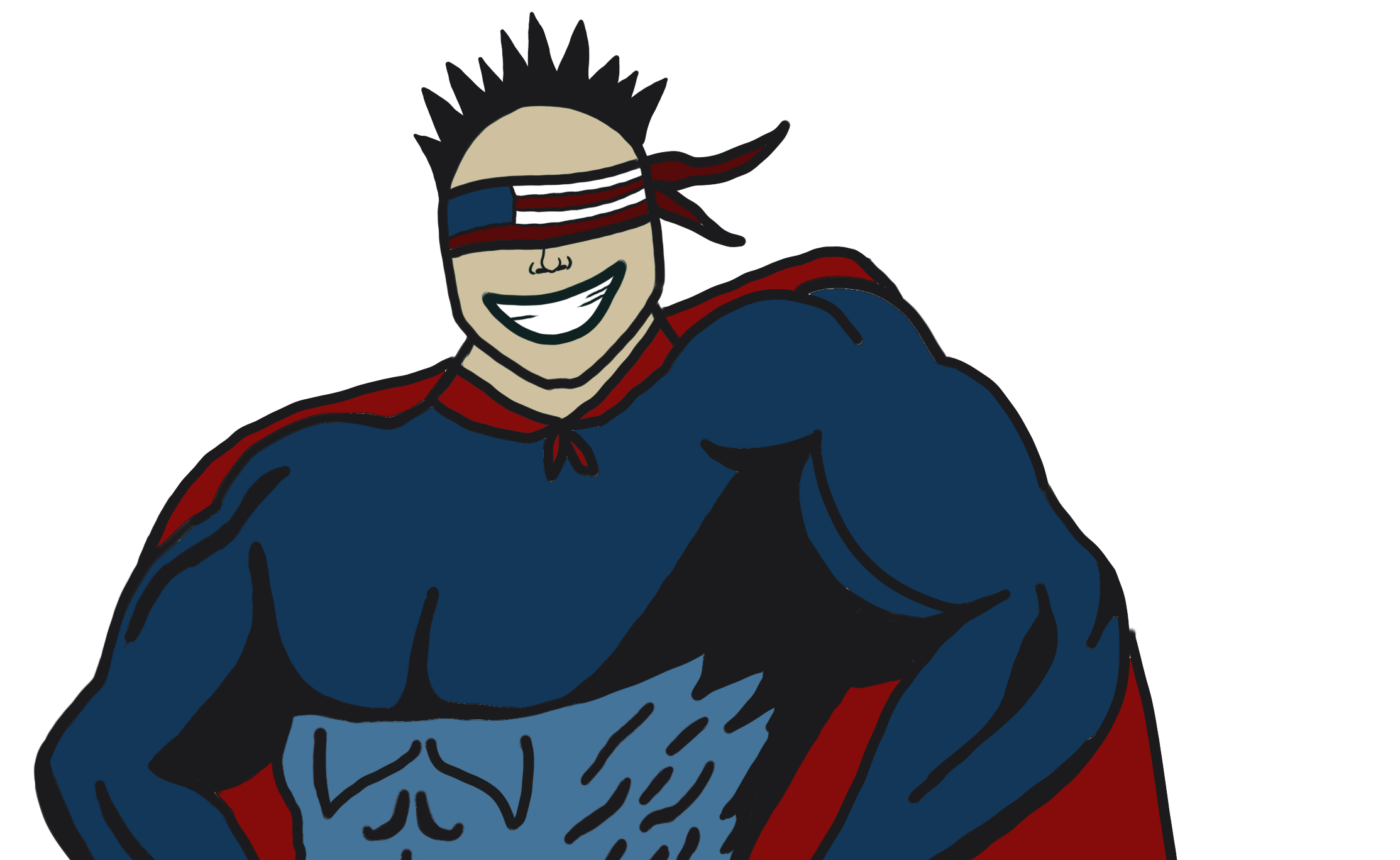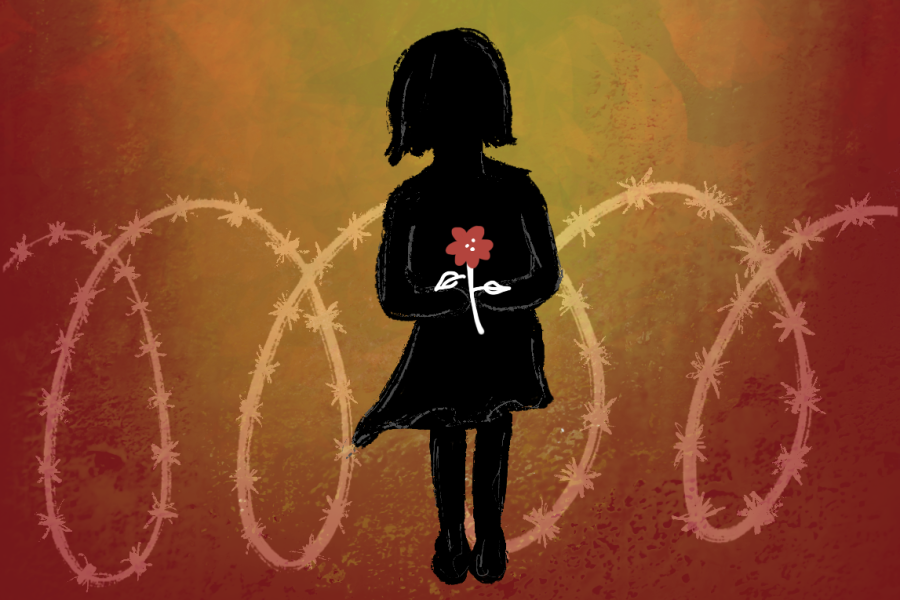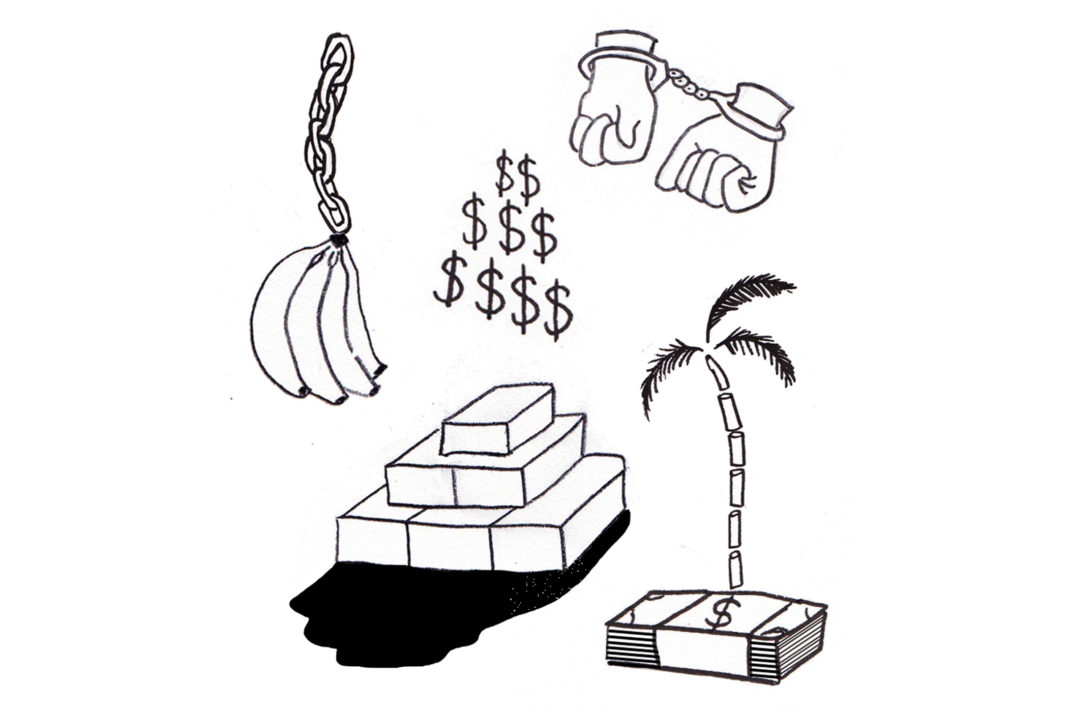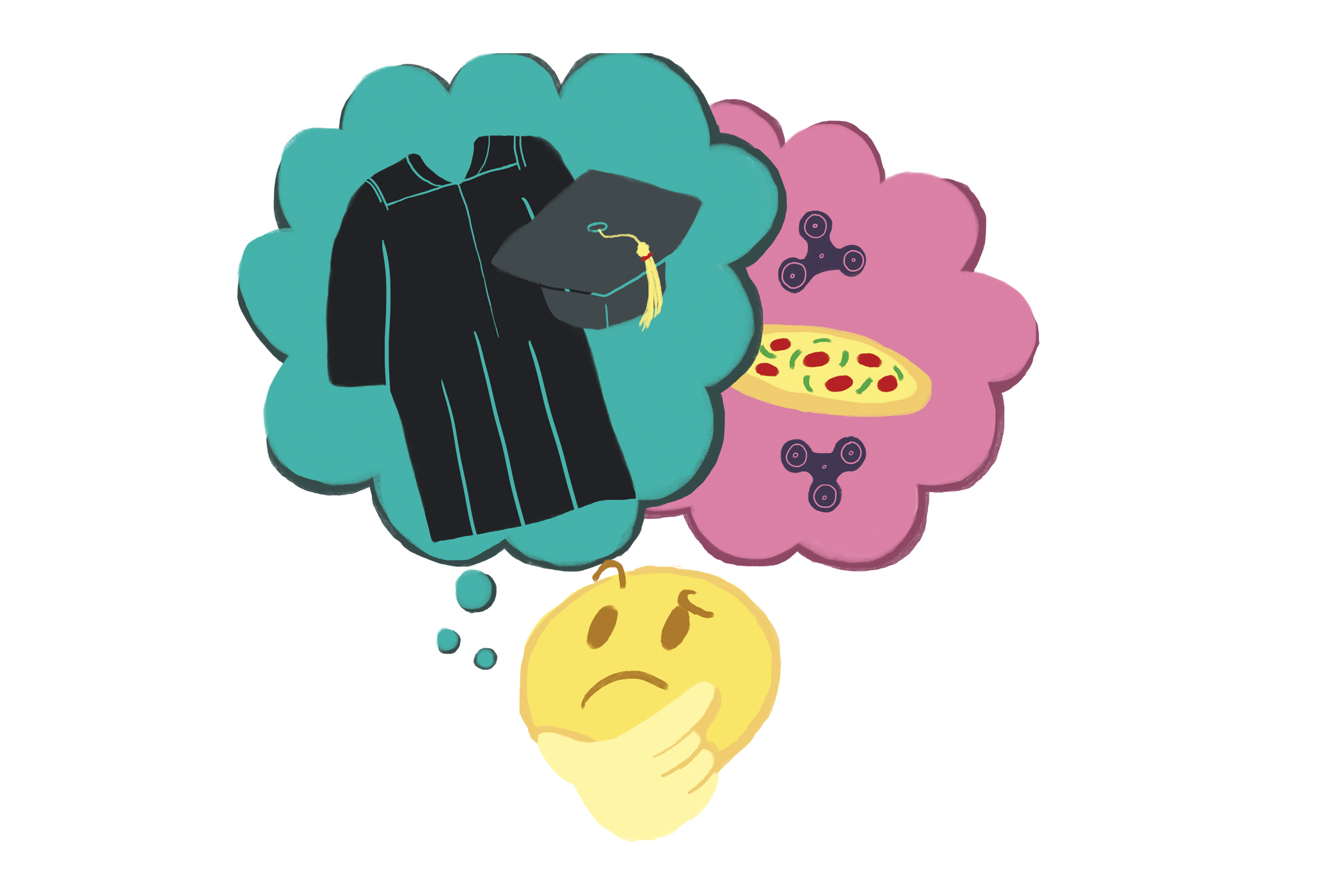Westerners—especially white people from the United States—are always the good guys. At least, that’s what Hollywood wants you to think.
Something that people in this country either take for granted or tend not to notice is just how often a film’s hero will be cast as a white person from the U.S. While it obviously makes sense for any country’s most common pick for protagonists to be actors who mirror the majority of its residents—in accent, physical features, etc.—the way it is done in cinemas in the U.S. serves to perpetuate the age-old and ever-untrue idea of U.S. exceptionalism.
An innocuous—yet seemingly effective—way to accomplish this is by making the main character sound like they are from the U.S., even when everyone around them has an accent in accordance with the setting. One example is Linguini from the movie Ratatouille, who sounds like he is from the U.S. even though the film takes place in France. This is odd, considering that every other human character speaks with a French accent that is entirely intelligible for native English speakers.
The same applies to the teenage characters in the movie How to Train Your Dragon. Despite how they, too, sound like they are from the U.S. while all of the adults speak with a Scandinavian accent—or a Scottish one, some argue.
The trend among these movies is that the main characters are all presented as westerners while the secondary characters are depicted as people who are actually native language speakers of the location.
One possible reason for this could perhaps be that the movie creators want U.S. audiences to feel comfortable and figured the most surefire way to go about that is to have the characters with the most amount of dialogue sound just like them, while still establishing that the film is set outside of the U.S. by having all of the minor characters speak with region-appropriate accents.
Other reasons could be that foreign actors are hard to come by in large numbers, or that only some U.S. actors can slip into a believable foreign accent on command.
Even if the intention isn’t always to promote U.S. exceptionalism, it is still the consequence. Hollywood centralizes westerners as the main characters, even in places they aren’t, and focuses on their perspectives and affairs over others, also placing them on a pedestal of exceptionalism.
Wes Anderson’s movie Isle of Dogs is another excellent example. Despite its setting being a small island off the coast of Japan, the main characters all have American accents, except Atari, who barely speaks at all during the film and virtually never says anything in English.
The character Tracy Walker was necessary to the plot overall. Still, her role could have easily been filled by a native of the country. This would have improved the story, given how she—a foreigner who speaks no Japanese—is the primary leader in opposition to the Japanese government. There was no point in having a U.S. exchange student or U.S. accents except to reassure western audiences that they were still the protagonists.
The Great Wall is another movie that received flak for its casting. Because of its setting in medieval China, the film became the subject of scrutiny after it was revealed that Matt Damon and Willem Dafoe—both white U.S. residents—would be featured in it, according to The Guardian.
While some—including Jonathan Kim, a contributor for HuffPost Entertainment—have argued that no real white-washing was going on, it is suspicious, nonetheless, for the film to include such prominent Caucasian characters in the first place while telling a non-white-centric story.
The pro-U.S. narrative is not only reinforced by having westerners cast as the good guys, but also by having people with non-American accents cast as the bad guys.
U.S. exceptionalism is also extended to allies and has roots in the origins of capital that the U.S. was built on, such as the characteristics of villains with British features.
Hollywood, among other film industries, has convinced the world that the British accent—usually Received Pronunciation—is more calculated, intelligent, cunning and easier to hate than most other ones out there. Famous examples include Wilhuff Tarkin from Star Wars Episode IV; Scar from The Lion King, also in the 2019 live-action version; and Ash from Ridley Scott’s Alien.
Unsurprising by now is that nearly every other character in these films is played by westerners, specifically the protagonists.
Another specific example would be the ubiquity of Nazis as western films’ antagonists. The role of antagonists is the only one that will ever be suitable for Nazis to play, but it has grown to be a reliable and somewhat overused trope at this point.
According to Becky Little—a writer for History—several laws used by the Nazis were inspired by the Jim Crow laws that were present for almost a century in the southern U.S.
While it would be easier on our collective U.S. conscience to believe the German government at the time was depraved enough to concoct such vile plans out of thin air, it wasn’t that simple. German leaders were so impressed with the success of segregation in America that they initially considered putting similar laws into practice against the Jewish people.
However, after reviewing the history behind Jim Crow more closely, it was determined that such laws would not be as effective in Germany, because—according to their stereotyping—Black people in America were poor, while Jewish people in Germany were rich. One of the few Jim Crow laws they did adopt was the ban on interracial marriage, along with the U.S.’s method for classifying who belonged to what race.
Little also noted that, like Indigenous peoples and Filipinos, this designation ended up influencing part of the Nuremberg Laws, which notoriously took away the citizenship rights of Jewish Germans.
Even domestically, America has its share of examples of why it cannot treat other countries with disdain for their transgressions. According to CNN, it is estimated that European settlers killed a total of 56 million Indigenous peoples throughout North, Central and South America over a period of 100 years.
This point isn’t raised to imply that one country is inherently superior to another. Rather, it aims to highlight that no country is flawless. Each has profound flaws, making it impossible to single out others as inherently worse. Ultimately, the U.S. is not the superior moral authority it wants you to believe that it is, and it has a history of selectively presenting information to portray itself more favorably than other nations, despite its track record of injustice and discrimination.
Even movies which take place in the U.S. promote a specific—albeit outdated—point: that white people from the U.S. are the good guys and people of all other ethnicities are the bad guys, even Indigenous ones.
An important fact—which often gets buried under shows like Gunsmoke, The Lone Ranger and other cowboy shows or movies that have come out since then—is that many cowboys were not even white.
According to the Smithsonian Magazine, one in four cowboys were of African-American descent, and according to Visit Fort Worth, a good portion of the rest were native Mexicans called “Vaqueros.”
The notion that Indigenous people were savages whom cowboys often had to fight off is a false narrative started by the U.S. government to make people feel better about having killed so many of them and stolen their land.
This erasure of Black and Mexican cowboys from the media has not only promoted white saviorism, but has also given people from the U.S. yet another false understanding of what the U.S. was like in previous decades.
It is time to rethink this tendency for the media to consistently cast westerners—specifically white U.S. residents—as protagonists and people of other ethnicities as antagonists, as well as for white actors to repeatedly and regularly assume roles of figures that were not white in actuality.
The least one could hope for is that new movies and TV series find ways to circumvent these clichés, while the best one could wish for is a brand-new film or TV series with said roles reversed, so that the U.S. can be confronted with the truth that they are not, in fact, always the good guys.






